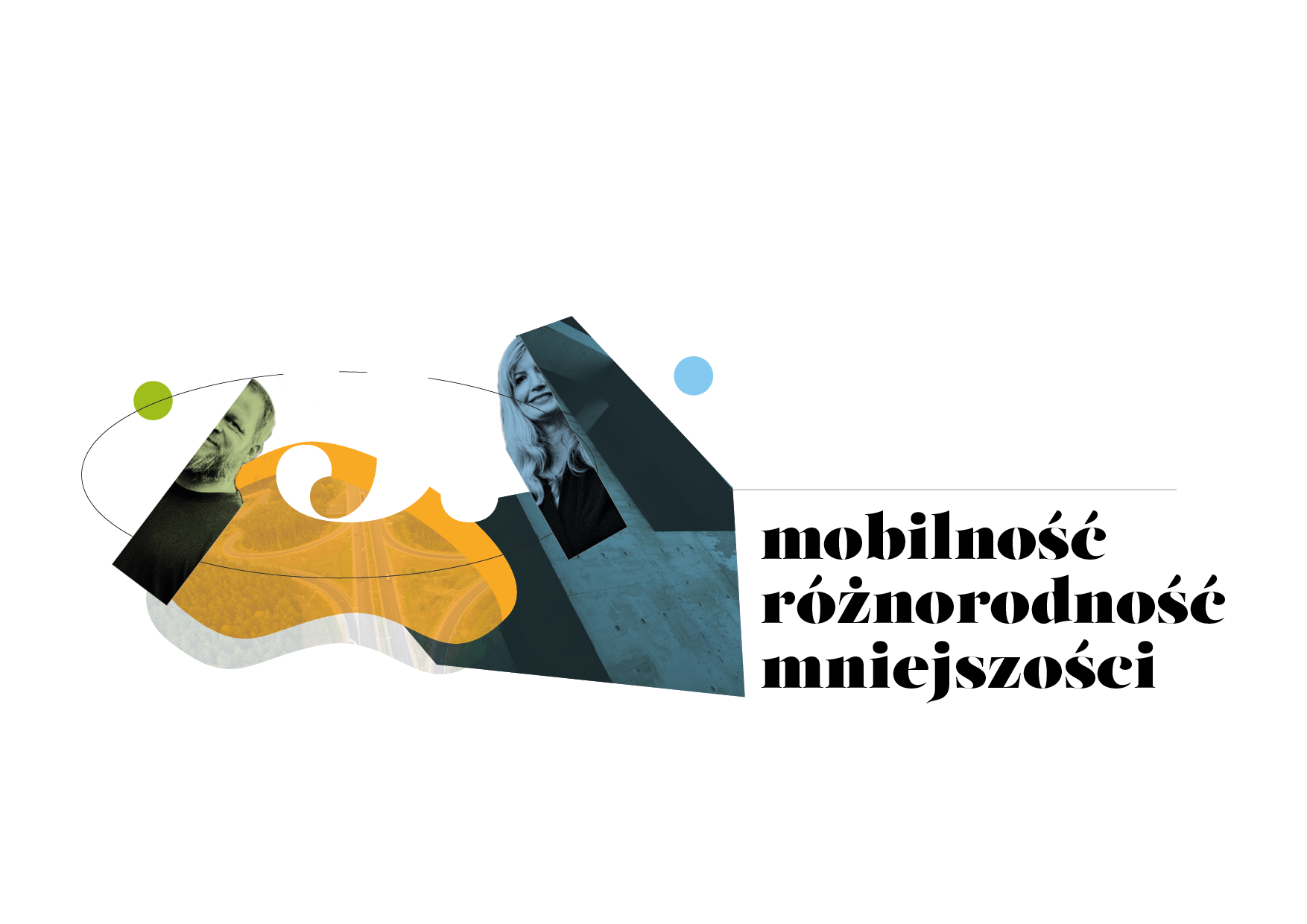In the years prior to his passing, Ulrich Beck directed his scientific work to investigate the global challenges of the twenty-first century. By proposing a paradigm shift from methodological nationalism to methodological cosmopolitanism, his research focused on the processes of cosmopolitanization, defined as „a descriptive and sociological term denoting the present condition of intensifying transnational hybridity” (Beck et al. 2013).
The development of the theoretical perspective of ‘cosmopolitan communities of climate risk’, shared by Beck with other scholars, has allowed the implementation of empirical research capable of capturing the emergence of cosmopolitan realities.
In the light of the global COVID-19 pandemic, definable as a planetary common experience of mediated health threat, it is strategic to resume research that explores how and where new cosmopolitan communities are coming into existence.
Cities are the manifest location (observational context) of these new realities and, at the same time, actors shaping new social and political tendencies. Moreover, cities are arguably the case studies that may reveal the complexities and (local) specificities of cosmopolitanization.
While monitoring the developments of the Russo-Ukrainian war, a conflict producing political and socio-economic global change, the presentation (or discussion) intends to contribute to the resumption of the debate on the cosmopolitan transformation of urban social life. Widening the scope of his doctoral research project, the author proposes an investigative double focus on Polish cities as settings and on actors such as migrants, expats and refugees.
Manufacturing cosmopolitan communities? Re-engaging in empirical research on a path initiated by Ulrich Beck.
Grupa tematyczna: G70
Kosmopolityzacja miejskości
Słowa kluczowe: cosmopolitan communities, migrants, expats, refugees, Polish cities
Prelegent: Fiorenzo Fantuz

